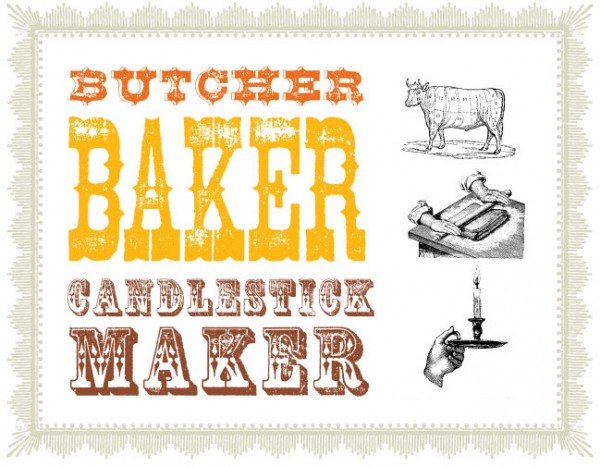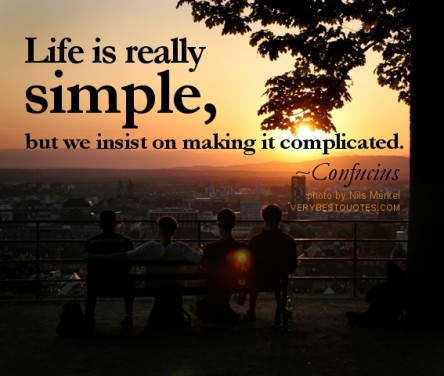People Need Jobs But Do Jobs Need People?

em·ploy·ment
1. The condition of having paid work.
2. A person’s trade or profession
Welcome Home!
For those interested, here are some weekend points of pondering compliments of yours truly.
With all of the talk of employment numbers and how it correlates to the overall condition of the economy and quality of lie for citizens of the state, nation, and planet, I decided to approach the situation from somewhat of a different perspective than the usual, which is from the position of a creator as with all things, employment opportunities included, they are all a result of creation, hence the popular subject term thrown around by government officials and experts as of current press time, which is job creation.
While watching the State of The Union Address by President Obama at the beginning of the year, my ears tuned in to an interesting and alarming statement that he made in regards to jobs and technology and how both reflect a change in the normal routine and status quo that has been in place for decades.
He stated something to the effect that there once was a time where a factory may have required 1000 employees to function, but now with computers, that same factory can run with only 10 employees.
Now in a capitalist society, it creates a scenario which positions individuals to look after their own best interest first and foremost, and while the best interest of the employee would be to retain employment, the employer has to consider whether or not cutting down on labor costs is actually a better business decision for the good of the company and its essential employees, and perhaps the investors if the company is publicly owned and traded on the stock market.
This is a very simple and novice attempt at explaining the scenario which our society is confronted with and simply acts as a starting point of focus from a different perspective, as when I hear about the need for employment, the seeking and attainment of it is simply a means to an end, which is the monetary income needed for one to purchase goods and services that one may want or need or have the power to do so which would entail that most employees simply work out of a desire to consume products, which again come at a cost, yet if the products can be produced and distributed without additional assistance and associated labor costs, then at some point there would be a recession which is a shrinking of the economy as less income would flow in the direction of those who are least necessary and more in the direction of those who are most necessary.
Put into more simplistic terms, if the butcher, baker, and candlestick maker, were to each produce their own products individually to trade and barter with each other, the goods and services would then be given and received within a smaller circle of only those who are able to produce for themselves and trade resources in exchange for resources.
It also seems to show that in general, individuals are actually dependent on entrepreneurial spirits and visionaries for the creation and development of ideas that turn into products which serve the needs of others to be sold on the market which again may or may not require additional labor from those who may be in need of employment as a means to acquire the income needed to purchase items for consumption on that same market.
In closing, because I can see now that a whole books worth of content about this subject could flow off of my finger tips if I were to allow, it would simply stand to reason that an overall shift in focus from consumption to production would go a long way in providing relief for the matter of unemployment and may be the very cornerstone factor of the change seen occurring which was a campaign promise by Barack Obama known as wealth redistribution.
Again, it’s just my humble opinion and a different perspective to consider.


